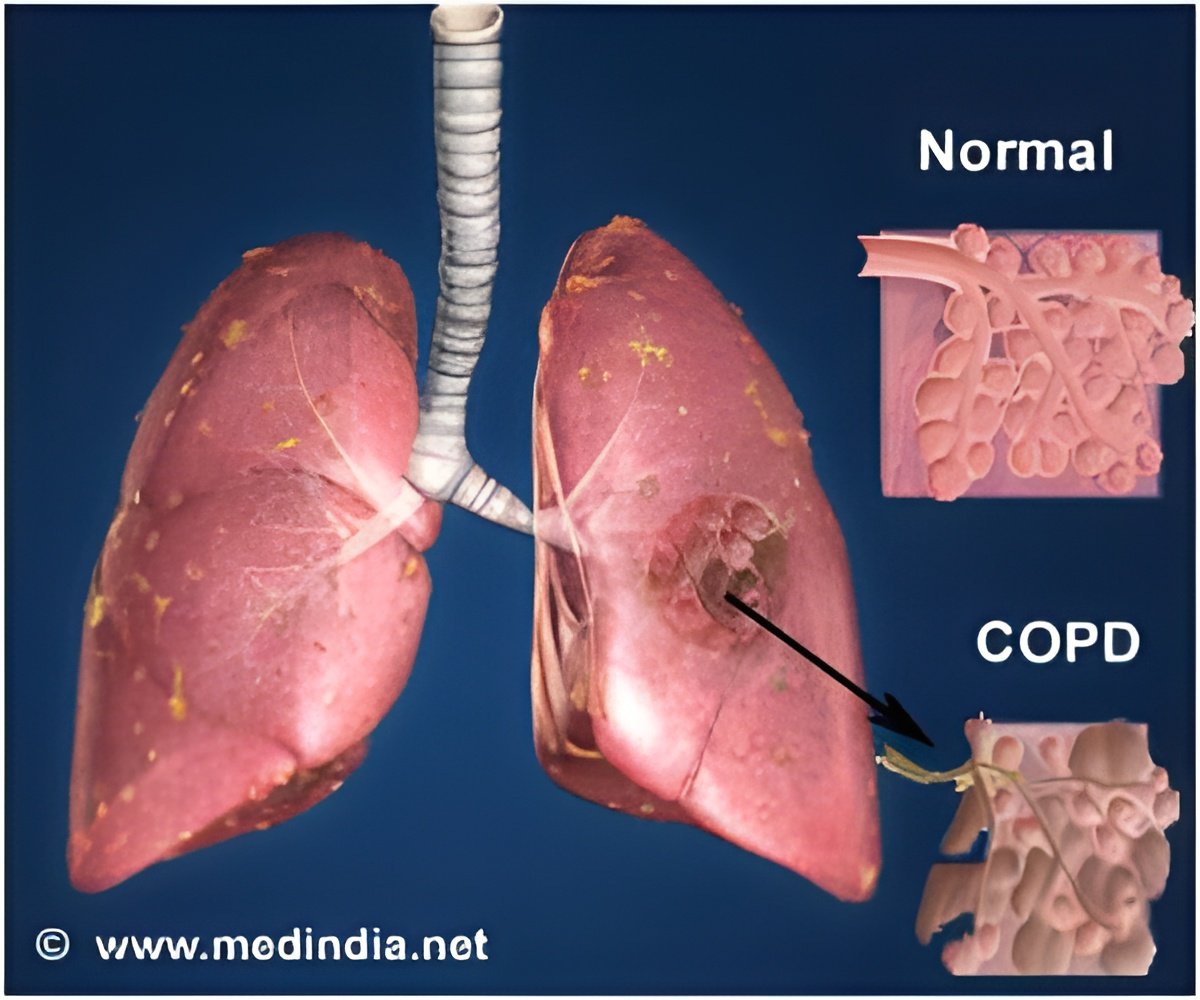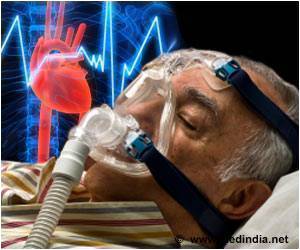Chronic obstructive pulmonary disease (COPD) patients typically suffer from depression more frequently than those without COPD, resulting in higher levels of disability and illness and increasing the overall healthcare burden for the COPD population.

The results of the study will be presented at the ATS 2013 International Conference.
"About 10 percent of the general population suffers from depression, and studies have shown that rate to be significantly higher in patients with COPD," said study lead author Orlando Lopez Jove, MD, chief of the pulmonary laboratory at the Hospital Cetrangolo in Buenos Aires. "Not every COPD patient will suffer from depression, and being able to identify which patients are most at risk could be a valuable tool in ensuring those patients receive counseling and other treatment that could help improve their quality of life."
"In this study, we wanted to learn if factors including gender, lifestyle habits, COPD severity, shortness of breath and overall quality of life were related to the frequency of depression in COPD patients, and if they were related, to try to determine the extent of that relationship," he said.
For their study, the researchers evaluated 113 COPD patients who were treated at the Hospital Cetrangolo in Buenos Aires from January 2009 to March 2011 and who had not had exacerbations of their disease within the previous 30-day period. Patients were evaluated for pulmonary function and for the degree of shortness of breath they experienced, as well as other physical characteristics including weight and body mass index (BMI).
The researchers used previous diagnoses of depression and the Beck Depression Inventory (BDI) to determine the presence and level of depression and the Saint George's Respiratory Questionnaire (SGRQ) to evaluate quality of life measures for each patient, and they also looked at specific lifestyle factors and habits like smoking and evaluated family history of depression.
Advertisement
They also found that the presence of depression and its intensity had a direct bearing on a patient's quality of life, affecting both the total quality-of-life score and the score for individual factors measured by the SGRQ.
Advertisement
"Depression is a disorder which remains easily undiagnosed due to underpresentation and because the symptoms are not very specific," said Dr. Lopez Jove, who is also vice-director of the pathophysiology department at the Latin American Thoracic Association (ALAT). "Therefore, it is important to consider this disorder in patients with COPD, especially in female patients and patients who experience significant shortness of breath."
A future planned study will help evaluate how treatment of depression affects these patients and their quality of life, he said.
"COPD patients have to deal not only with the physical consequences of the disease, but they also must deal with the psychological consequences of COPD," Dr. Lopez Jove noted. "Patients with depression often suffer from low self-confidence or self-efficacy, and early diagnosis and treatment of depression is very important for improving a patient's quality of life, maximizing healthcare utilization and improving treatment outcomes."
Source-Eurekalert














